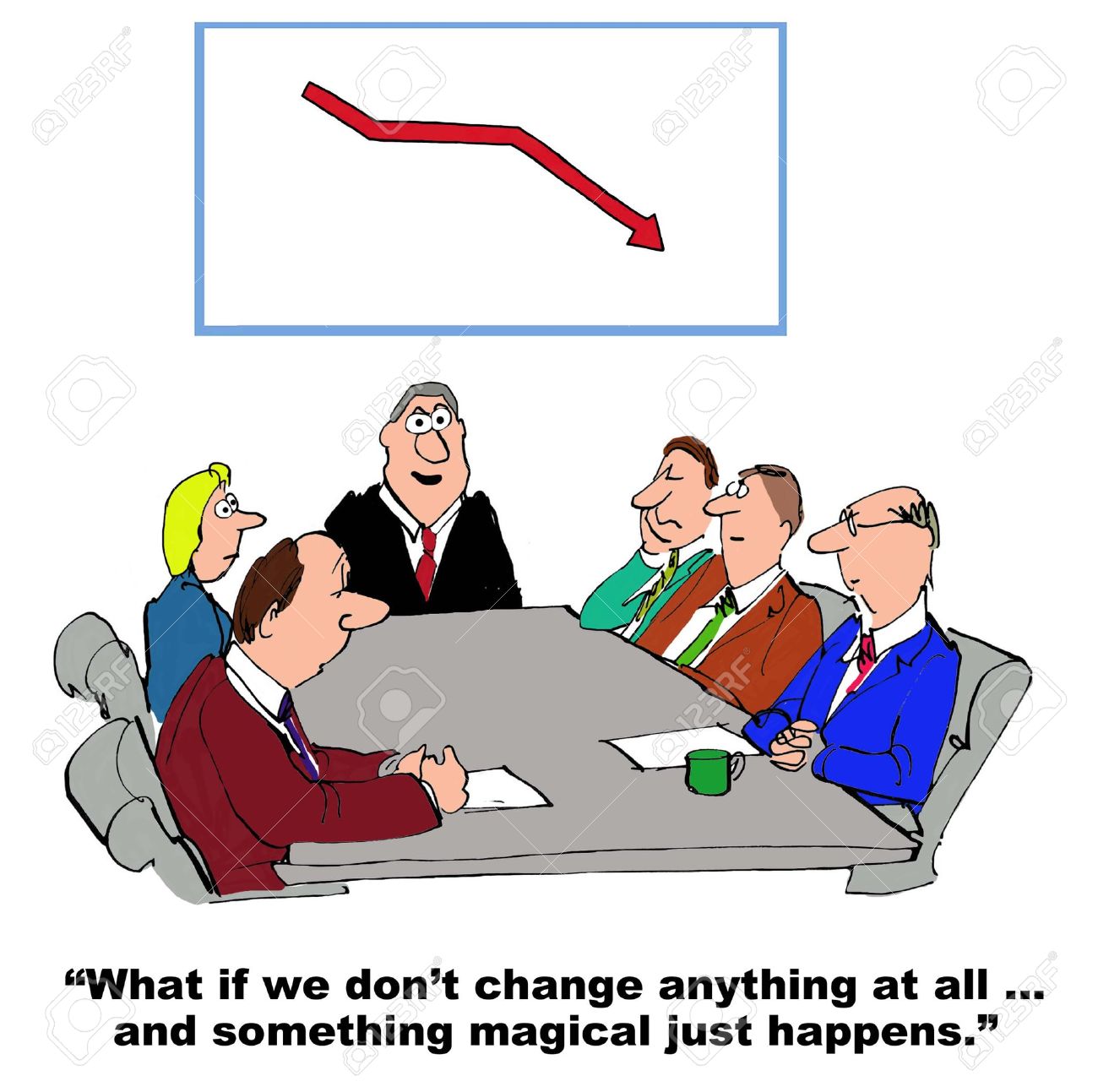Business not as usual: humanities and business degrees confront their declines and the greater loss.
In recent years…the traditional two-year M.B.A. has become a slightly tarnished degree, with some major programs such as the Gies College of Business at the University of Illinois announcing the end of their residential M.B.A. program. Even the most prestigious national programs such as Harvard’s, Penn’s Wharton School, etc., have seen a decline in applications. Meanwhile, of course, the number of students getting degrees in such traditional liberal arts fields as history, philosophy, English literature, etc., is also stagnant or declining, with those earning Ph.D.s often ending up in wildly unrelated vocations (e.g., tree removal) upon completion of schooling.
Several factors are at work here. With respect to business education, many students are doing online M.B.A.s to save some money and maintain the ability to work at least part-time while studying, and others are getting new degrees in subjects like data analytics or financial economics that provide training for responsible business positions but are less a generalist degree than the M.B.A….
Increasingly, kids look at colleges as sort of a sophisticated form of vocational education that once was a staple of many high schools. You go to college to get training preparing you to do some marketable skill. Even 50 or 60 years ago, studies in the sciences and engineering were considered appropriate college subjects and that training prepared persons for jobs. And many persons seem to accept the appropriateness of significant colleges training students in a few technical subjects such as accountancy or actuarial science. In the fine arts, degrees in music or theater have long led, with considerably less success, to fulfilling vocational aspirations. And a sizable number of students have historically attended education schools to prepare them to teach. But a large portion of students majored in subjects they knew would not directly prepare them for jobs –history, philosophy, English literature, sociology, political science, and so forth: the liberal arts….
…[W]hile there are dramatic differences for new graduates in earnings by major, many persons studying subjects such as philosophy that are largely devoid of any direct vocational relevance do pretty well financially in the long run, because they gain needed critical reasoning, writing and other skills associated with a college education.
h/t Rob Townsend






Leave A Comment